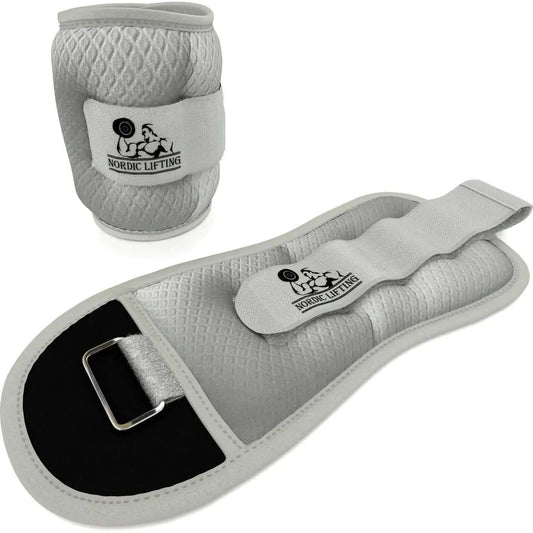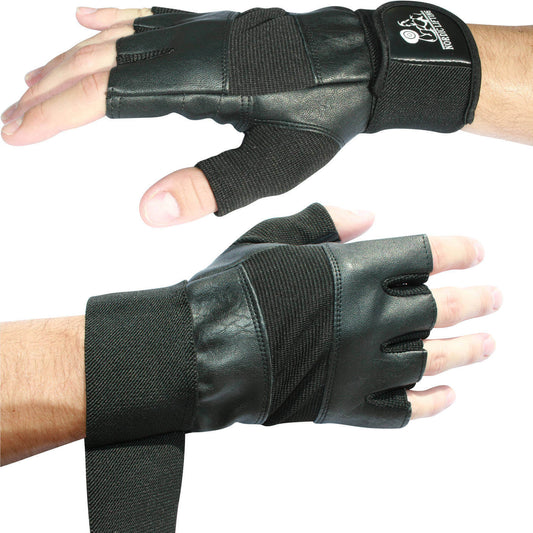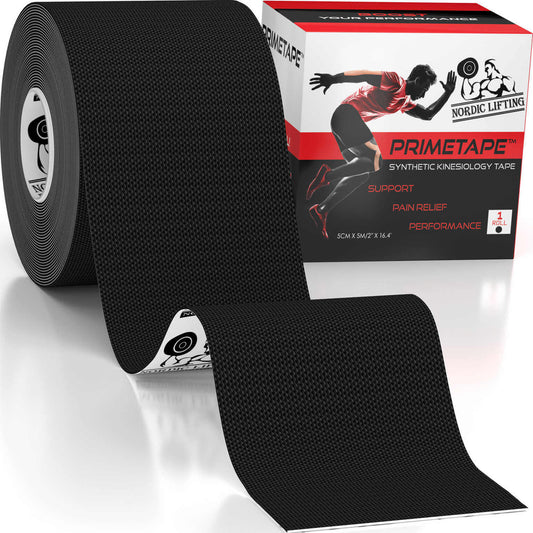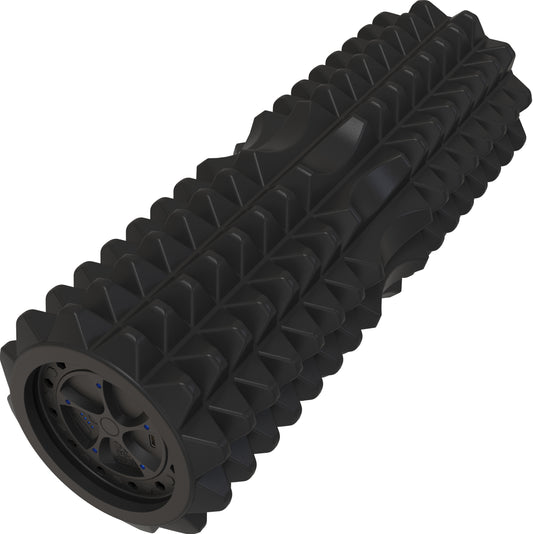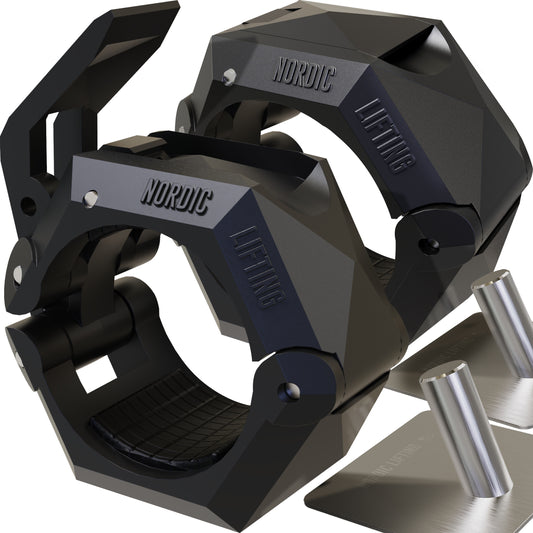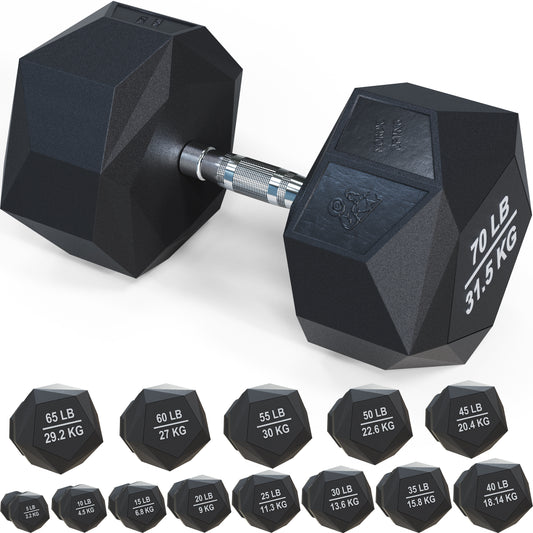Last Updated: April 24, 2025
Cheese is a favorite food for many people, but some wonder if it is actually good for a healthy diet. It is true that cheese has protein, calcium, and important vitamins. Cheese can be part of a healthy diet when eaten in moderation and as part of balanced meals.
Some types of cheese have more fat and sodium than others. Eating too much cheese may raise cholesterol or blood pressure, but enjoying small portions can provide nutrients like vitamin B12 and help build strong bones. People looking to manage their weight or support their heart health should choose cheese types lower in saturated fat and salt and enjoy them alongside other healthy foods.
Key Takeaways
- Cheese has nutrients but also can be high in fat and salt.
- Eating the right kinds and amounts of cheese is important for health.
- Cheese can fit in a balanced diet if eaten mindfully.
Nutritional Profile Of Cheese
Cheese provides protein, calcium, and fats along with important vitamins and minerals. Its nutrition value depends on the type of cheese, processing, and serving size.
Macronutrients In Cheese
Cheese is high in protein, making it a good choice for muscle health and growth. A single ounce of cheddar cheese has about 7 grams of protein. Cheese also contains a significant amount of dairy fat, most of which is saturated fat, with about 6 grams per ounce. This fat helps the body absorb fat-soluble vitamins but may raise cholesterol if eaten in excess.
Carbohydrate content in cheese is usually low. Most cheeses have less than 1 gram of carbs per ounce, making them friendly for low-carb diets. The ratio of macronutrients varies across different types of cheese. For instance, cottage cheese is lower in fat but higher in protein compared to cream cheese.
Micronutrients And Minerals
Cheese is a reliable source of minerals such as calcium, zinc, and phosphorus. Calcium supports strong bones and teeth, with one ounce of hard cheese, like Parmesan, offering about 30% of daily needs. Cheese also has vitamin B12 and vitamin A, which are important for red blood cell formation and vision.
Cheese contains smaller amounts of potassium and iodine, which play roles in nerve function and thyroid health. Some cheeses made from grass-fed milk can provide omega-3 fatty acids and vitamin K2, which are important for heart and bone health. Vitamin D is not naturally high in cheese but may be present in fortified varieties.
Calorie And Sodium Content
Cheese is energy-dense. A typical serving of cheddar cheese has around 110 calories per ounce. Lower fat cheeses, like part-skim mozzarella, may have fewer calories.
Sodium in cheese can be high, especially in processed and hard cheeses. For example, 1 ounce of processed cheese can have over 400 milligrams of sodium. High sodium intake is linked to raised blood pressure, so people who need to limit salt should read labels carefully. Lower sodium options are available for certain varieties. Cheese offers protein and calcium but should be eaten with awareness of calorie and salt content.
Potential Health Benefits Of Cheese
Cheese offers important nutrients found in dairy foods, like calcium and protein. These nutrients play key roles in keeping bones and muscles healthy as people age.
Role In Bone Health
Cheese is packed with calcium, which is essential for bone strength and growth. Calcium helps develop bones in children, teens, and adults, and is important for preventing osteoporosis later in life.
Alongside calcium, cheese often contains vitamin D, vitamin A, vitamin K, zinc, and phosphorus. These vitamins and minerals work together to keep bones dense and strong. For example, vitamin D helps the body absorb calcium better, and zinc plays a small role in bone tissue growth.
Dairy foods such as cheese are a simple way to include these nutrients in a daily diet. Cheese can support bone health and reduce the risk of weak bones for both kids and adults. Low-moisture cheeses like Parmesan or Swiss have especially high concentrations of calcium and protein.
Muscle Maintenance And Growth
Protein is needed to build and repair muscles. Cheese supplies a good amount of high-quality protein in every serving. Eating foods rich in protein, like cheese, helps maintain muscle mass and supports growth, especially in children, teens, and older adults.
Cheese is also an easy snack for athletes and people who want to keep their muscles strong during weight loss or aging. Some cheeses contain extra nutrients, like B vitamins and amino acids, which are helpful for muscle recovery after exercise.
Certain types of cheese and other dairy foods may also have probiotics. While more research is needed, these live bacteria could help with digestion, which is important for getting the most nutrition from protein in foods like cheese and yogurt.
Potential Health Risks Of Eating Cheese
Cheese provides nutrients, but it also has health risks. The main concerns are its high levels of saturated fat and sodium, which may impact heart and blood vessel health.
Saturated Fat And Heart Disease Risk
Many types of cheese are high in saturated fat. Eating too much saturated fat can raise LDL cholesterol, sometimes called "bad" cholesterol. Raised LDL cholesterol levels are linked to a higher risk of heart disease and other heart problems.
People who already have high cholesterol or a family history of heart disease may want to avoid eating large amounts of cheese. For those trying to control their heart disease risk, low-fat or reduced-fat cheeses can be better options.
While some research suggests that dairy fat may not affect the body in the same way as fat from processed meat, cheese still contains a lot of calories from fat. Monitoring cheese intake can help manage heart disease risk. Choosing cheeses with less saturated fat helps lower cholesterol levels in the long run.
Effects On Blood Pressure
Most cheeses pack a lot of sodium, which is used as both a preservative and for flavor. High sodium intake is connected with high blood pressure. Over time, high blood pressure increases the risk for stroke, heart attack, and kidney disease.
Some people are more sensitive to sodium and may see a bigger increase in blood pressure after eating salty foods. Individuals who already have high blood pressure or a family history of it need to pay extra attention to sodium from cheese.
Choosing low-sodium or fresh cheeses can be helpful. Examples include mozzarella and ricotta, which usually have less sodium than aged cheeses like cheddar or feta. To keep blood pressure in check, it's wise to enjoy cheese in moderation and check labels for sodium content.
Cheese And Weight Management
Cheese provides protein, calcium, and other nutrients, but people often worry about its fat and calorie content. Eating cheese can play a part in both healthy eating and weight management when portion sizes and types are considered.
Can Cheese Be Included In A Healthy Diet?
Cheese fits into a healthy diet when eaten in the right amounts and in moderation. It contains nutrients like protein and calcium that help build and maintain bones and muscles. Choosing options such as low-fat or reduced-fat cheeses can reduce calorie and fat intake.
Some types of cheese are lower in sodium and calories, while others are higher. Cottage cheese and part-skim mozzarella are two choices with less fat and fewer calories. For those following a balanced meal plan, it helps to watch portion sizes and avoid processed cheese products with added ingredients.
When paired with other nutrient-rich foods such as fruits, vegetables, and whole grains, cheese supports a balanced and satisfying diet. Including cheese does not mean a meal is unhealthy, as long as it is eaten in proper amounts. Learn more about how cheese can fit into a healthy diet.
Cheese Consumption And Weight Loss
Research suggests that cheese can be included on a weight loss plan, especially when low-fat cheeses are chosen. Cheese supplies protein, which helps people feel full and can reduce overeating. Some studies show that diets rich in calcium, like those containing cheese, may support fat burning and weight loss when combined with calorie control.
It is important to pay attention to portion sizes. Most cheese is calorie-dense, so eating large amounts may slow progress. Eating cheese as part of meals and snacks planned for weight control, such as sliced cheese on whole-grain crackers or with fruit, provides nutrients without too many extra calories.
People trying to lose weight should also look for varieties with less sodium and saturated fat. For tips on smarter cheese choices, see these smart cheese choices for weight loss.
Cheese’s Role In Weight Gain
Cheese is an energy-dense food due to its high fat and calorie content, especially full-fat dairy kinds. Eating cheese in large amounts or not watching portion sizes may lead to weight gain. Full-fat cheeses and processed cheese snacks are the highest in calories and can add up quickly if not eaten in moderation.
People who eat a lot of cheese with other high-calorie foods, like meats and refined grains, might have a harder time managing weight. Replace larger portions with smaller servings or switch to lower-fat options to help control calorie intake.
Those who want to avoid unwanted weight gain should measure out servings and be aware of how many calories each type of cheese has. For more on cheese’s nutrient content and effects, review the healthiest types of cheese.
Different Types Of Cheese And Their Health Impacts
Cheese varies in nutrition and how it affects the body. The health impact depends on how the cheese is made, its fat and sodium levels, and what it is paired with during meals.
Soft Vs. Hard Cheeses
Soft cheeses like brie, cream cheese, feta, ricotta cheese, goat cheese, and fresh mozzarella tend to have higher moisture and less aging time. Brie and cream cheese are often higher in fat and calories, but ricotta and mozzarella cheese are usually lower in fat and sodium.
Hard cheeses such as cheddar cheese, parmesan, and aged gouda have less water and higher concentrations of nutrients per ounce. They are good sources of calcium and protein, but can be higher in saturated fat and sodium. In moderation, hard cheeses provide strong flavors with smaller servings.
A 1-ounce piece of hard cheese like cheddar or parmesan typically offers about 120 calories, 8 grams of protein, 6 grams of saturated fat, and 180 milligrams of sodium. Soft cheeses are lighter in some nutrients but often easier to spread or mix into meals such as salads.
Processed Cheese Varieties
Processed cheeses include products like American cheese slices and cheese spreads. They are made by blending natural cheese with emulsifiers, salt, and other additives to create a smooth texture and longer shelf life.
These cheeses commonly have more sodium and often contain less protein per serving than many natural cheeses. Processed cheese is also more likely to contain preservatives and artificial colors. This means it may be less suitable for people who want to limit sodium or avoid additives.
Many health professionals recommend eating processed cheese in moderation, since excess sodium and additives are not helpful for heart health. When choosing cheese, less processed types often offer better nutritional value for most diets. For more information, see the list of cheeses to try for healthy eating.
Lower Fat Cheese Options
Some cheeses are naturally lower in fat and calories. Cottage cheese, ricotta, part-skim mozzarella, and feta cheese are among the top choices for those looking to reduce fat while still enjoying cheese.
For example, fresh mozzarella and ricotta cheese are much lower in fat and calories compared to hard cheeses like cheddar or parmesan. These cheeses work well in salads, sandwiches, or with fruits and vegetables.
Cheese made with lower-fat milk, such as part-skim mozzarella or reduced-fat cheddar, helps keep saturated fat in check. Choosing these options can support heart health, especially if cheese is a regular part of the diet. See more about the healthiest types of cheese.
Cheese Pairings With Healthy Foods
Pairing cheese with healthy ingredients can improve the overall nutrition of a meal. Adding cheese to vegetables—such as topping roasted broccoli with parmesan or filling a salad with feta cheese—adds flavor, protein, and calcium.
Combining cheese with whole grains, like adding shredded cheddar cheese to whole grain wraps or sprinkling mozzarella over brown rice bowls, increases fiber and keeps you full longer. Cheese and fruit pairings, like goat cheese with pears or berries, make balanced snacks with protein and vitamins.
Below is a table giving examples of healthy cheese pairings:
| Cheese | Healthy Pairings |
|---|---|
| Feta | Tomatoes, cucumbers, leafy greens |
| Mozzarella | Sliced tomatoes, basil, whole grain bread |
| Cottage Cheese | Pineapple, cherries, oatmeal |
| Parmesan | Roasted veggies, whole grain pasta |
| Ricotta | Fresh fruit, whole wheat toast |
Combining cheese with sensible foods helps satisfy hunger and adds key nutrients without too many extra calories.
How To Include Cheese In A Balanced Diet
Choosing the right type of cheese, paying attention to nutrition labels, and eating the right portion sizes can help cheese fit into a healthy eating plan. Pairing cheese with nutrient-dense foods like vegetables, fruit, or whole grains adds variety and nutrition.
Reading Nutrition Labels
Looking at nutrition labels is important because cheese can have a lot of saturated fat and salt. Some cheeses give as much as half of the daily limit for saturated fat and up to a quarter of the salt limit in just one slice. Comparing products helps people find lower-fat or reduced-salt options.
Labels also show the amount of protein and calcium in each serving. It is a good idea to choose cheeses with more protein and calcium but less saturated fat and salt. Ingredients lists can highlight if the cheese is made from whole milk or skim milk, which affects its fat content. Paying close attention to these details supports smarter shopping decisions and better health.
Managing Portion Sizes
Eating cheese in small amounts helps manage calorie and fat intake. For most adults, one ounce of cheese—about the size of a pair of dice or four small cubes—counts as a serving. Too much cheese can quickly add extra calories and saturated fat.
Using cheese as a topping or flavor boost rather than the main ingredient keeps portion sizes reasonable. For people watching their weight, choosing lower-fat varieties can help lower overall fat and calorie intake without giving up cheese entirely. Keeping an eye on how much cheese is added to meals and snacks supports a balanced approach to dairy in the diet.
Combining Cheese With Other Nutrient-Dense Foods
Cheese works well with whole grains, vegetables, and fruit. For example, adding a sprinkle of shredded cheese to a salad or a few small cubes to a whole-grain sandwich adds taste and nutrition without too many extra calories. Eating cheese with fiber-rich foods like broccoli, carrots, apples, or berries can help balance the richness of cheese and provide important vitamins and minerals.
Combining cheese and nutrient-dense ingredients can increase protein and calcium while still keeping meals balanced. Pairing cheese with healthy foods instead of refined grains or processed snacks encourages healthy eating and adds more nutrients to each meal. To learn more, visit how cheese can be part of a healthy diet or how to fit cheese into your healthy eating plan.
Summary And Recommendations
Cheese gives important nutrients like protein, calcium, vitamin A, and vitamin B12. It also delivers phosphorus, zinc, and riboflavin. These help keep bones, teeth, and muscles healthy and support a balanced healthy diet.
Most cheeses have a lot of saturated fat and sodium. Eating too much may raise blood pressure or cholesterol. A one-ounce serving of hard cheese has about 120 calories, 8 grams of protein, and 6 grams of saturated fat. Moderation is key to avoid extra calories or salt (learn more).
People who want to eat cheese and stay healthy can:
- Stick to smaller servings (about the size of your thumb)
- Choose low-fat or reduced-sodium options when possible
- Pair cheese with fruits, vegetables, or whole grains
- Limit highly processed cheese products
Quick Facts Table
| Nutrient | Benefit |
|---|---|
| Calcium | Bone and tooth health |
| Protein | Muscle repair and growth |
| Vitamin A | Eye and immune support |
| B12 | Nerve and blood cell health |
Those with lactose intolerance or certain allergies should check labels or talk to a doctor.
Cheese can fit into many eating patterns, such as vegetarian or Mediterranean diets, if eaten in moderation and as part of a well-rounded meal plan.
Frequently Asked Questions
Cheese can be high in protein and calcium but also contain saturated fat and sodium. Different types of cheese offer various nutritional profiles, and people may react to cheese differently based on their health needs.
What are the nutritional benefits of consuming cheese as part of a balanced diet?
Cheese is a source of calcium, high-quality protein, and phosphorus. These nutrients support strong bones and muscle health. Many cheeses provide important vitamins too, such as vitamin A and vitamin B12. Eating cheese in moderation can fit within a healthy eating plan for most people. More details are available on its nutrients at ThinkUSAdairy.org.
How does cheese consumption fit into a weight management plan?
Cheese is calorie-dense, so portion control is important for people trying to manage weight. Low-fat and reduced-fat cheeses have fewer calories while still offering protein and calcium. Eating cheese as part of balanced meals can help with fullness and reduce cravings for less nutritious snacks.
Can eating cheese at night affect your health differently than at other times?
Some people find that eating cheese at night can cause digestive discomfort, especially if they are lactose intolerant. Cheese is not likely to disturb sleep for most, but eating heavy or rich foods before bed can disrupt digestion for some. Individual responses may vary.
Which type of cheese is considered the healthiest option for weight loss?
Cottage cheese, ricotta, and part-skim mozzarella are lower in fat and calories compared to many other cheeses. These choices are often recommended for weight loss. They also offer a good amount of protein for their calories, helping support muscle while limiting calorie intake.
What potential side effects should be considered when eating cheese daily?
Eating cheese daily can lead to high intake of sodium and saturated fat, which may increase the risk of high blood pressure or heart issues in some people. Those with lactose intolerance might experience stomach upset. Moderation and variety can help lower potential risks.
Are there certain cheeses that are better suited for those looking to increase dietary protein?
Hard cheeses like parmesan, cheddar, and gouda tend to offer more protein per serving. Cottage cheese and Greek yogurt-based cheeses are also high in protein and lower in fat. People focused on increasing protein should pay attention to serving sizes and choose varieties that fit their dietary goals.







